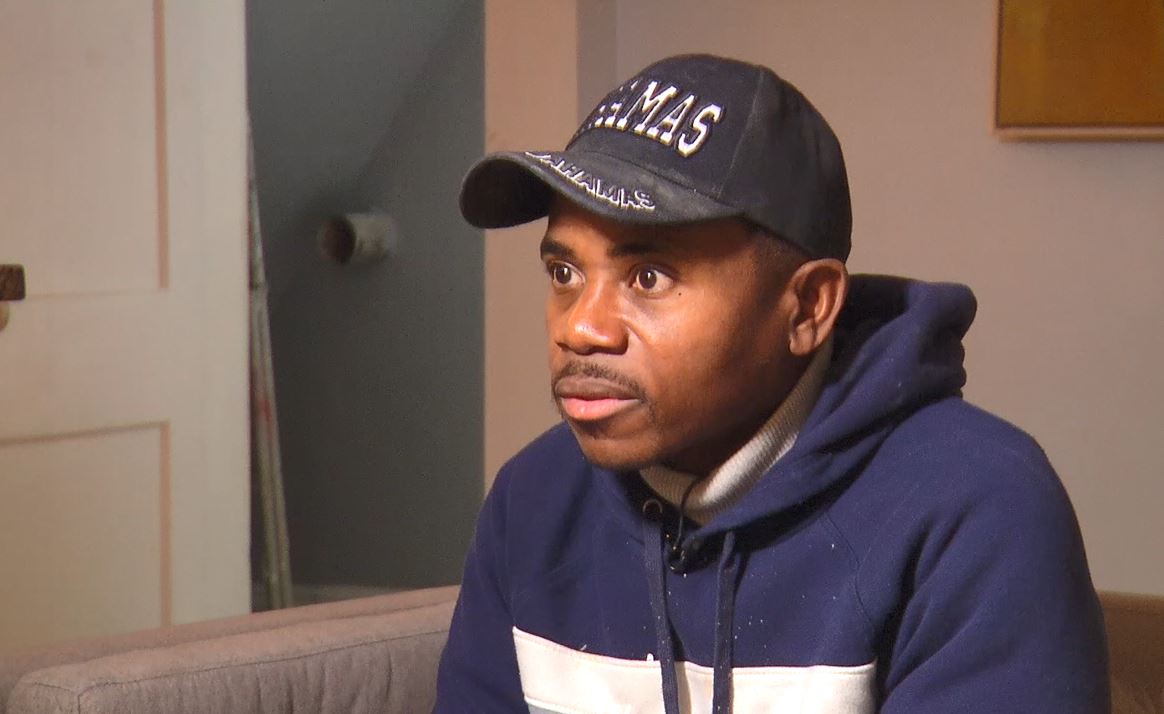Senate testimony highlights Minnesota customer’s ‘banking while Black’ experience at US Bank
[anvplayer video=”5150953″ station=”998122″]
Almost a year after Peter Wogbah first shared his experience of alleged discrimination at a U.S. Bank branch in Bloomington, his story is now part of a larger call for reform in Washington, D.C.
Wogbah’s experience with the Minnesota-based company was highlighted during a Thursday committee hearing at the U.S. Senate.
As 5 INVESTIGATES first reported, tellers called the police on Wogbah, a Black man, when he attempted to get a cashier’s check from his business account in December 2021.
Body camera video obtained by 5 INVESTIGATES shows officers stopped and questioned Wogbah before letting him go.
Janai Nelson, President of the NAACP Legal Defense and Educational Fund, cited Wogbah’s story in her testimony to the U.S. Senate Committee on Banking, Housing, and Urban Affairs.

Peter Wogbah's experience at a U.S. Bank branch was cited in testimony to a U.S. Senate Committee on Thursday about discrimination in banking.
“Even after he called U.S. Bank’s 1-800 number to confirm the wire funds were there, the tellers told Mr. Wogbah to go to a different branch and to get the check there,” Nelson told Senators. “They then called the police. This discrimination has severe consequences.”
That story was among several shared at the hearing titled “Fairness in Financial Services: Racism and Discrimination in Banking.”
Wogbah watched video of the testimony at his house on Friday.
“I’m very grateful that people are getting to see what Black people — what we are going through in this country,” Wogbah said. “I want U.S. Bank to take responsibility for the way they treat their customers.”
In previous statements to 5 INVESTIGATES, U.S. Bank said it expanded employee training and created a community advisory committee “comprised of 11 leaders from the Twin Cities Black Community.”
U.S. Bank did not provide any additional comment about the Senate testimony in which Nelson and other leaders said the banking industry needs to do more.
“These financial institutions, which are intended to serve the public the entire public and fuel our economy deprived certain communities of an equal opportunity to save for the future to invest in a business to buy a home an importantly to build intergenerational wealth,” Nelson said. “The cost is not born by communities of color alone. It is born by our economy that could be thriving, that could be far more expansive if this discrimination did not occur.”
Wogbah says he has moved his money out of U.S. Bank, but is still considering legal action.